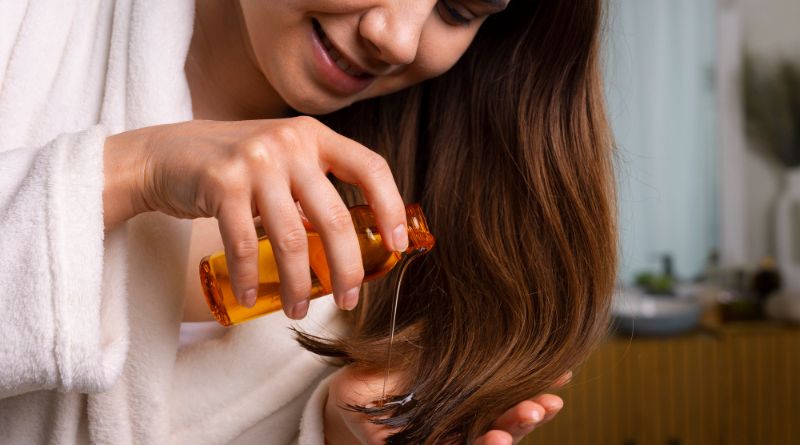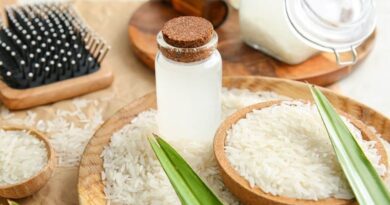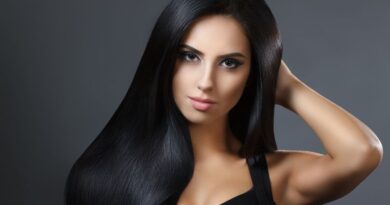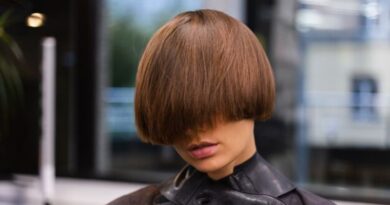Best remedy for Oily Hair – We often get stuck in situations where we don’t have water to bathe or wash our hair. And we can even live without bathing with the use of deodorants. But spending a day without washing hair feels very irritating and bad. Of course, that’s due to dirt and oil buildup. Don’t worry; there’s a solution available to this problem, named Amika Dry Shampoo!
Amika Perk Up Dry Shampoo is a dry/spray bottled shampoo that is the best talc-free dry cleaner, which absorbs all the dirt and oil and refreshes the hair, providing a lively look to hair.
Let’s know more about Amika Dry Shampoo and why we should have it!
Why is my hair so oily all of a sudden
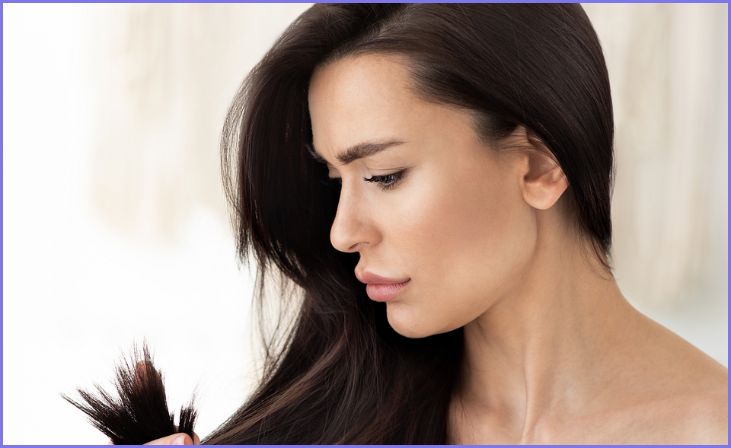
Several factors could contribute to a sudden increase in oiliness of your hair. Here are some possible reasons:
- Hormonal Changes: Hormonal fluctuations, such as those that occur during puberty, menstruation, pregnancy, or menopause, can affect the sebaceous glands, leading to increased oil production.
- Weather Changes: Hot and humid weather can stimulate the sebaceous glands, making your scalp produce more oil. On the other hand, cold weather can lead to dry skin, prompting the scalp to produce more oil to compensate.
- Overwashing or Underwashing: Washing your hair too frequently or not often enough can disrupt the natural balance of oil on your scalp. Overwashing can strip away too much oil, prompting your scalp to produce more to compensate. Conversely, if you don’t wash your hair regularly, oil and dirt can accumulate, making your hair appear greasy.
- Hair Care Products: Certain hair care products, such as shampoos, conditioners, or styling products, may contain ingredients that can either dry out your scalp or contribute to excess oiliness. Make sure you’re using products that are suitable for your hair type.
- Diet: Your diet can influence the condition of your hair. Consuming an excess of fatty or greasy foods may contribute to increased oil production in your scalp.
- Stress: Stress can impact various aspects of your health, including your hair. It may lead to hormonal changes that can affect oil production.
- Genetics: Your genetic makeup plays a role in determining your hair type, including how oily or dry it tends to be. If your parents have oily hair, you may be more prone to it as well.
Best remedy for Oily Hair – Amika Perk Up Dry Shampoo
Amika Perk Up Dry Shampoo
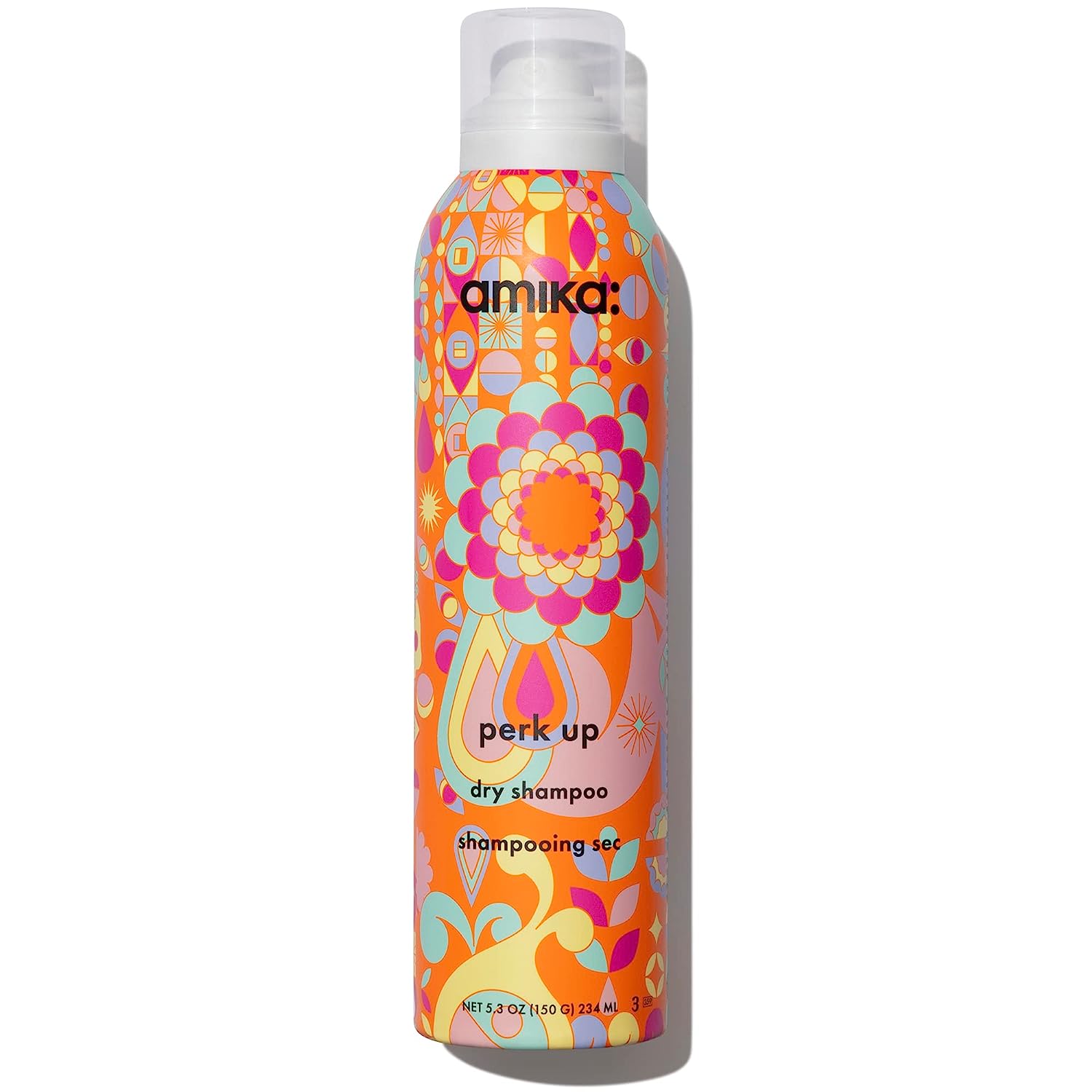
Best Dry Shampoo
- Brand – Amika
- Hair Type – All, Especially Oily hair
- Weight – 5.3 Ounces
- Volume- 232 ML
- Ingredients – Butane, Propane, Alcohol Denat, Rice Starch Fragrance, etc.
- Customer Ratings – 4.7 Stars
- 6100+ Ratings
Amika Dry Shampoo is considered as best dry shampoo, and we’re not saying it. Instead, its 6100+ ratings of 4.7 stars made it the best dry shampoo. People loved it for its features and how much effective it is.
Actually, it contains some natural ingredients like Rice starch, which is considered really great in absorbing excess oil. And the chemical ingredients are essential to make it work without water.
Amika Perk up dry shampoo can easily do the work of shampoo and conditioner in one go, as it can clean oil and dirt as of shampoo, and it can give volume and smoothness of conditioner.
Also Read – Will my perm look better after I wash it
This shampoo is talc-free, so no worries of white flakes leaving behind on hair. Moreover, it does not have aluminum concentration as many other dry shampooed.
How to Use Amika Perk Up Dry Shampoo?
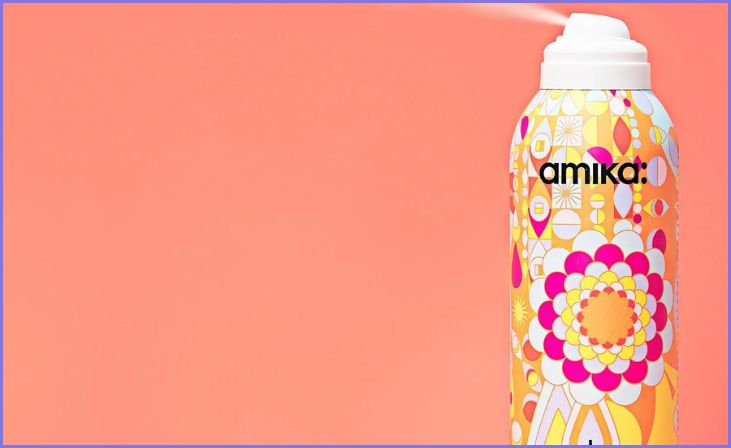
In order to use it properly, you should first shake it and held it 8 inches away. Now spray the dry shampoo focusing on the roots and then on the hair. Now massage the hair as you do in wet shampoo. After some time, brush the hair, and Voila! You have fresh & Clean hair.
Is this Shampoo good for All hair types or just Oily Hair?
The shampoo is suitable for all types of hair, and even you can do this on Color-treated hair, Brazilian-treated hair, and Keratin-Treated hair. As it does not contain any harmful chemicals, so; you can definitely use it on all types of hair.
The shampoo is most suitable & essential for people having oily hair. With frequent oil buildup, you can easily deal with oil & dirt by using Amika Dry Shampoo.
Other Ingredients in the Amika Dry Shampoo
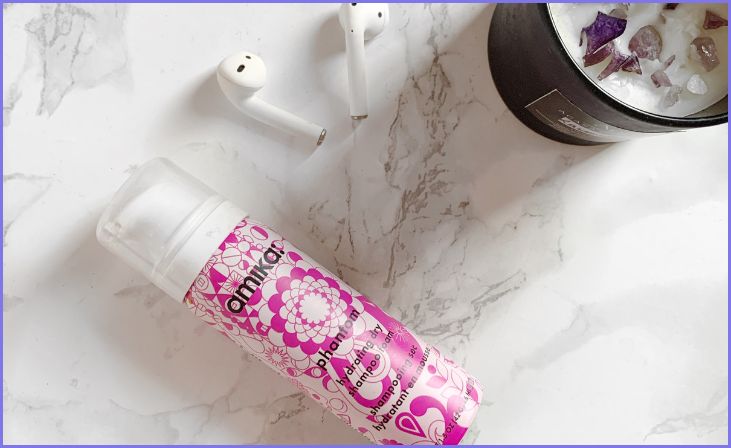
Apart from rice starch and other ingredients, it also contains some ingredients with excellent properties. For example, the shampoo contains Sea Buckthorn Berry, also known as Obliphica. In addition, the super-fruit have over 190+ biologically active compounds, including:
- Vitamin C
- Vitamin A
- Omega-7 ( Good for hair growth & health of hair)
- Vitamin E
Overall, this dry shampoo will not affect your hair in a long time of use; instead, it will keep your hair healthy.
Also Read – What Is a Silk Press
Why you should have this Dry Shampoo?
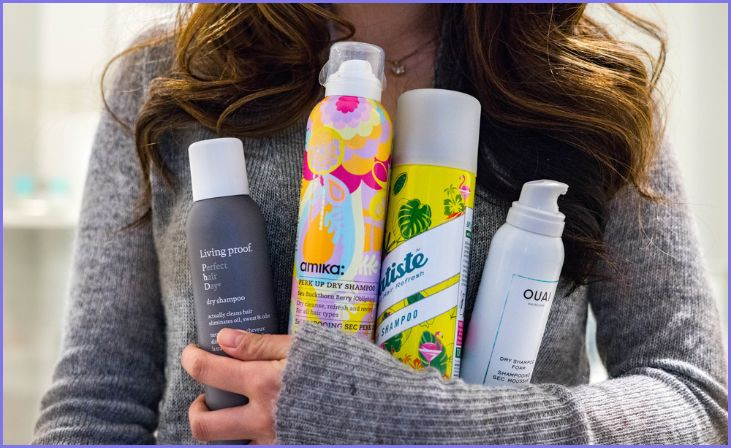
You may have known all its ingredients and the working of this dry shampoo. Moreover, you may have guessed its benefits and need to have it. If not, then here are some reasons why you should have the Amika Dry Shampoo-
- Baturally, cleanse and Deordize the hair.
- Absorbs all the dirt and oil buildup.
- Rice starch in it, provides volume & texture to the hair.
- Prevent irritation on the scalp & cools the scalp.
- Refreshes the hair and scalp.
- Conditions the hair.
- Contains various good nutreints for healthy hair.
- Easy & Handy to use.
- You can use it anywhere & anytime.
- Free of sulphate, parabens & artificial colors.
- Safe for all kind of hair & even color-treated hair.
Overall, Amika Dry shampoo is the best dry shampoo, and a person should definitely have it to use in an odd situation or even regularly.
Reviews & Ratings Do Not Lie!
The best way to check the product’s value is by checking it;’s ratings and reviews. The Amika Dry Shampoo has ratings of 4.7 Stars, and that too from 6100+ customers. I don’t think any other dry shampoo has this many ratings.
Customers have loved it for it’s easy use, effective results, and removing all the dirt and excess oil. With natural ingredients and nutrients, many customers even experienced good hair results.
So even after knowing the features and reasons to have it, you have any doubts in your mind, just look at reviews and place an order for yourself!
Bottom Line
So this was all about the best dry shampoo, i.e., Amika Perk Up Dry Shampoo. I hope you find this article helpful & informative.
Let us know your thoughts about this article in the comments below!
Thank you for reading!
FAQs
Oily hair is often a result of overactive sebaceous glands that produce an excess of sebum, the natural oil that moisturizes the scalp and hair. Hormonal changes, genetics, and environmental factors can contribute to this overproduction.
Washing your hair too frequently can strip it of natural oils, causing the scalp to produce even more oil to compensate. Try to wash your hair every 2-3 days, or as needed based on your hair type and activity level.
Yes, there are shampoos formulated specifically for oily hair. Look for products labeled as “clarifying,” “oil-control,” or “for oily scalp.” These shampoos often contain ingredients like salicylic acid or tea tree oil to help control oil production.

